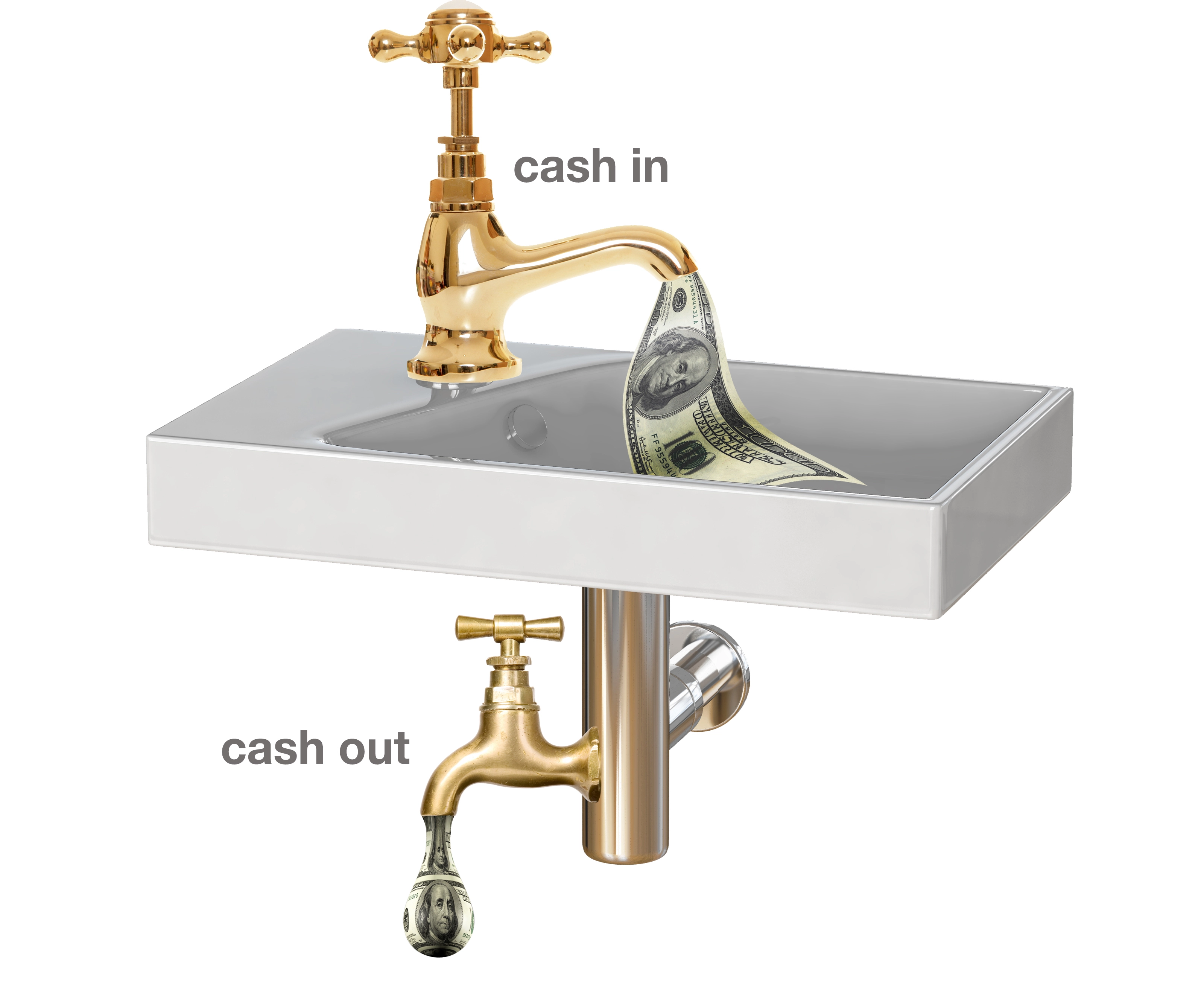On Friday afternoons you should get a weekly cash flow report from your bookkeeper. Attached to the weekly cash flow report should be an aged receivables and aged payables report.
Assuming the invoicing and entering of supplier bills is current, the weekly cash flow report should take less than 15 minutes to compile (a sample report is shown in Fig. 1).
Here’s the easy way a technician can steal from you:
A contractor was looking at the aged receivables report and noticed several service customers who, according to the report, hadn’t paid for the service at their homes. This was strange because the company’s residential service policy was COD, and the technicians were supposed to collect at the end of each call.
The company owner called the customers who were on the receivables report. He first made sure that the service was performed properly and the customers’ systems were keeping their homes cool. He then asked, “Did you pay the technician at the end of the call?”
Please notice he did not ask, “Why didn’t you pay for the service?”
Every customer he called said yes, they paid the technician at the end of the call.
He then asked how they had paid for the calls. All said by credit card. He explained that the company didn’t have a copy of the receipt. He asked if the customer would be willing to send the receipt to him.
All the customers sent their receipts.
When he looked at the receipts, he noticed they all had his company’s name on it. What he also saw was that the credit card was not being processed by his normal credit card company.
He continued the investigation and found that one technician had performed all these service calls.
What had the technician done?
He applied for and got approved for a Square credit card in the company’s name, with the company’s Federal ID number and his bank account. So, the technician swiped the card in the field using his Square rather than the company’s credit card swipe device.
The owner called the police who investigated and arrested the technician. The technician was charged with seven counts of Federal crimes including money laundering, ID theft and more.
The amount the technician stole? Around $4,000. Imagine being in jail for a $4,000 theft.
The company owner was thankful he reviewed the weekly cash flow reports and the aged receivable and payable reports each week. He caught the thief quickly before a lot of cash was stolen.
I’m not saying that $4,000 is insignificant. What would have happened if this technician had stolen for months rather than weeks? The theft could have been tens of thousands of dollars more.
Here are seven things you can do to help prevent this theft from happening to you:
- Get a weekly cash flow report and the aged receivables and aged payables reports to back up the report. Look at the aging reports and see if things don’t look right.
- If the aging reports don’t look right, investigate immediately.
- Assign a person, preferably not your bookkeeper, to ensure that all credit card receipts match the customers’ invoices.
- Match the receipts against the daily reports from your credit card company. If some are missing find the missing credit card receipts.
- Have the same procedure for checks. It’s also easy for a technician to tell a customer “I’ll fill out the company name” and put his own name in the “Pay to the order of” line. And, if he deposits the checks through an ATM, this is almost never caught by a bank.
- If a technician is stealing from you with their own personal credit card device, have that person arrested. If you don’t, that technicians will find another job and steal from another contractor.
- Remember that it is easy to get your company’s Federal ID number — it is on the W-2 statement that the employee receives each year. If someone calls to verify your Federal ID number, however, it is probably a scam. Never give that information out!
Thankfully this theft was caught quickly and because of the weekly cash flow report review. This is one thing that you can do to keep the honest people honest and catch thieves quickly.






